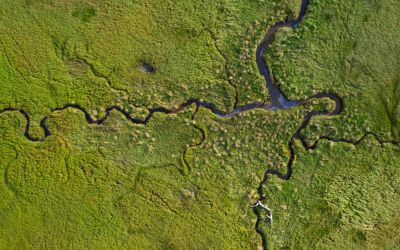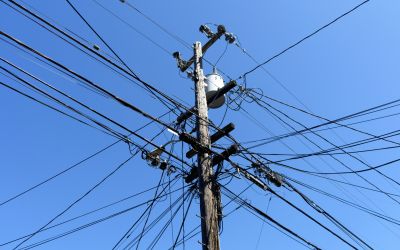Grasshoppers are recruited as climate change scouts
The rasping summer sound of grasshoppers chirping in fields and meadows is to be used to help to track climate changes.Grasshoppers, along with bush crickets, have been identified as the ideal insects for a public monitoring system.
The rasping summer sound of grasshoppers chirping in fields and meadows is to be used to help to track climate changes.Grasshoppers, along with bush crickets, have been identified as the ideal insects for a public monitoring system.
There is a now a scheme to record sightings of all 27 native species of grasshoppers and crickets in Britain based on the system that enabled scientists to follow the spread of harlequin ladybirds.
The harlequin, an invasive species that competes with and often eats native ladybirds, arrived from the Continent in 2004 and has spread rapidly.
The public reporting system that was introduced to monitor the ladybird is regarded by researchers as an outstanding success and they now intend to use it to find out how climate change is affecting other insects.
Climate change is driving insects and other creatures to find new places to live as temperatures rise too high for their comfort or make it possible for them to move into a previously unfavoured area.
Grasshoppers and crickets are regarded as ideal for the project because they are easily picked out by the public from the huge array of other insects and are among the "most charismatic" of the nation's creepy-crawlies.
Researchers are convinced that once members of the public "get their eye in" they will be able to spot all 27 species, along with a handful of foreign visitors.
Even if telling the difference between a wart-biter bush cricket and the large marsh grasshopper proves too much to manage on a stroll in the countryside, enthusiasts taking part can send photographs for experts to identify.
Butterflies have until now been used as the primary insect indicators of climate change in Britain because they are among the most visible and well-known.
Grasshoppers and crickets are regarded as valuable indicators of climate change because in many ways they are more sensitive to it than other insects.
Researchers hope to harness public enthusiasm for them to provide a new source of data.
Click to read more
Source: The Times






